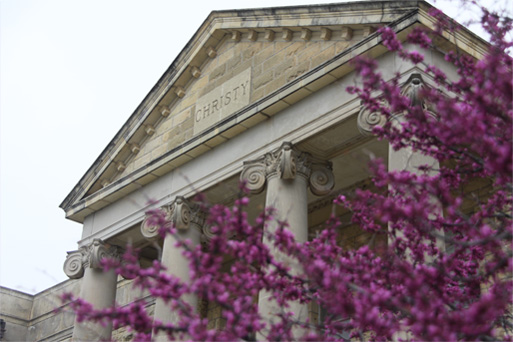

Build an education.
Academic excellence sets SC apart.36 main campus and 16 professional studies undergraduate majors, 27 minors, teacher certification in 5 areas, and 6 graduate programs.
LEARN MORE ABOUT OUR DEGREES

36 main campus and 16 professional studies undergraduate majors, 27 minors, teacher certification in 5 areas, and 6 graduate programs.
LEARN MORE ABOUT OUR DEGREES